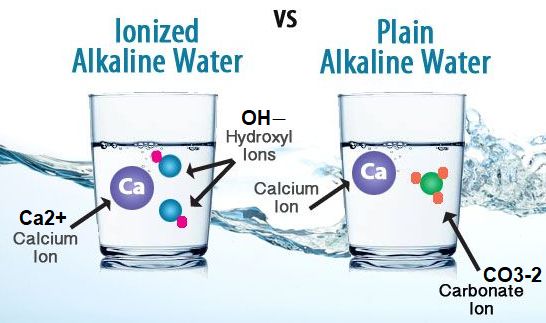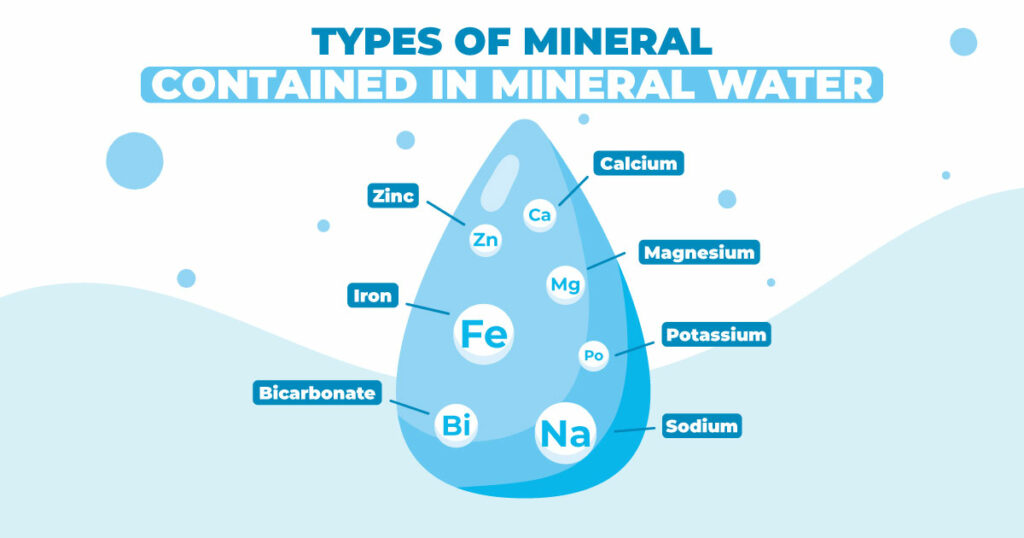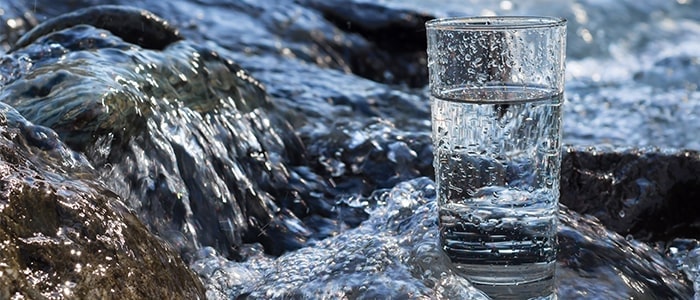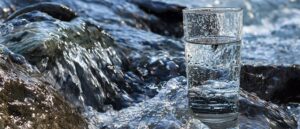
Understanding the Difference Between Alkaline Water and Alkalizing Water
Although these terms are often used interchangeably, they refer to distinct concepts.
Here’s a clear explanation of each:
1. What is Alkaline Bottle Water?
Alkaline bottle plain water refers in general to water with a high pH level, typically between 8 and 9.5. The pH scale measures how acidic or basic a substance is, with 7 being neutral.
How is Alkaline Bottle Water Created? Alkaline bottle water is made by adding alkaline substances, such as baking soda or potassium hydroxide, to plain water. This method raises the pH level but does not introduce biodisposable minerals into the water, so it does not have effective benefits on the body.
Considerations:
- Mineral Content: Alkaline water produced artificially may be completely devoid of beneficial, biodisposable minerals. Therefore, it does not have an alkalizing effect on the body.
2. What is true Alkalizing Water?
Alkalizing water refers to water that is enriched with biodisposable minerals and is produced through ionization (naturally or artificially). Ionized water is designed by mother nature to provide ionized minerals to the body, that can be easily used by our cells for nutrition, and that’s the real water that our body needs.
How is Alkalizing Water Created? Alkalizing water is produced through a natural process called ionization: it happens with the strong movement in rivers, waterfalls, swirling torrents. Nowadays the ionization can be produced artificially (using a water ionizer).
During ionization, the original minerals contained in the water become ionized, acquiring a driving force that allows them to penetrate the cells rapidly, thus becoming highly bioavailable. It is this kind of water that is really effective at influencing the body’s internal pH balance.
Benefits:
- Internal Alkalinization: Alkalizing ionized water helps create a more alkaline environment within the body by providing minerals that are easily absorbed and utilized by the cells.
Considerations:
- Effectiveness: The effectiveness of alkalizing water depends on the quality of the ionization process (so it is important to choose a very good quality water ionizer) and the type of minerals contained inside the water. The minerals must be biodisposable to have a real beneficial effect on the body.
CALCIUM AND KIDNEY PROBLEMS: WHICH WATER TO USE?
An excess of calcium or acids in the renal pelvis or tissues, tissue acidosis, tends to precipitate calcium oxalate crystals, that is, it favors stones.
A water rich in saturated non-ionized calcium favors calcium precipitation.
A water with ionized and bioavailable calcium (calcium ion) instead does not produce a stone-producing effect.
Conclusion
Alkaline bottle water has a higher pH due to the addition of alkaline substances but lack beneficial active minerals. In contrast, alkalizing water is enriched with biodisposable minerals and produced through ionization, offering a more direct impact on the body’s internal pH balance and a source of anti-oxidants.
Important Notice: Be cautious when considering bottled alkaline water. These products do not have a real alkalizing effect and lack compeltely biodisposable minerals that can penetrate cells effectively.
The true alkalizing water is produced through natural ionization by gravity or artificial ionization using a dedicated ionizer.



